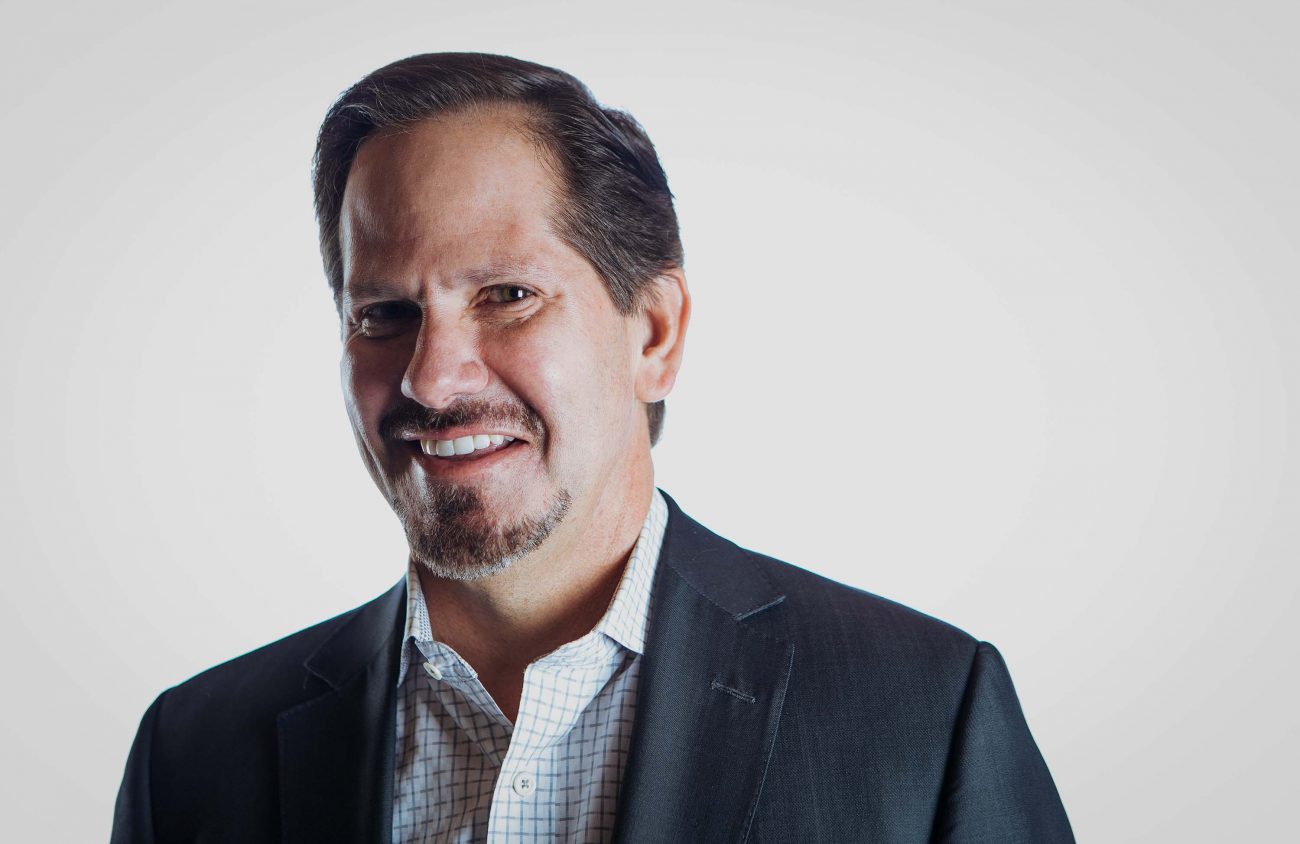Knute Buehler, a Republican state legislator who represents Bend, announced his campaign for the Oregon governor’s seat last year. Buehler, who was first elected to the state Legislature in 2014, is best known for his bill that made naloxone, an opioid overdose reversal drug that can be administered nasally, available in Oregon without a prescription.
In an interview with Eugene Weekly, Buehler discussed his bid for governor, the big issues facing Oregon and his various stances on health care issues from single payer to Measure 101.
Buehler, an orthopedic surgeon, said he would support a single-payer, Medicaid-for-all system. “I would like to see that, as long as the state can afford it, everyone in the state of Oregon is guaranteed a basic level of health care, and then allow people to buy up from that level.”
However, Buehler said that a single-payer system is a “qualified right … I don’t think it’s an absolute right.” There may come a time when the state can’t afford health care coverage, he added.
“I think that core component is our society right now is wealthy enough to provide a basic level of health service,” Buehler explained. “There may be a time when we’re not — that’s why I don’t like to make it an absolute right. I don’t think we can make those kinds of absolute rights.”
Throughout the interview, Buehler repeatedly attacked Gov. Kate Brown, especially on education. Yet, he says Oregon voters are “tired of the bomb throwing, the divisiveness. We have some big problems in Oregon that have been avoided, ignored and made a lot worse over the last three years with Gov. Brown in office, and it’s time we start fixing those problems.”
Buehler said that as governor he could do better by increasing graduation rates.
“We have one of the worst in the nation,” he said of high school graduations rates. “We have some of the biggest class sizes in the nation. We have the shortest school year in the nation.”
He continued: “For example, this last legislative session we increased K-through-12 spending by $630 million — 12 percent — but 55 percent of those dollars went directly into retirement plans, so that means that even though K-through-12 budgets are going up double-digit figures, many districts like Salem/Keizer are laying off teachers.”
During the 2018 session, Buehler is one of the chief sponsors of House Bill 4115 that would prohibit legislators, statewide elected officials or Oregon Supreme Court or Appeals Court judges from becoming PERS members after July 1, 2018, according to the bill’s summary.
EW asked if he felt fixing PERS would fix public education.
“No, I think you’re simplifying what I said,” Buehler responded. “I think that’s one of two big components. One is fixing the PERS problem — that’s the financing part. That’s what will get hundreds of millions of dollars back into the classroom.”
Buehler said the second component to fixing education “is to rejuvenate innovation” the classroom, which involves focusing on “early learning, third-grade reading, having a personalized education plan, breaking down the silos between K through 12 and higher education, emphasizing career and technical training.”
He adds that Oregon is “not showing progress and we haven’t shown progress for certainly the last three years with Gov. Brown in office.”
Despite strong public support for Measure 101 — it passed with 61.5 percent of Oregonian voters in support — Buehler said he opposed the ballot measure that passed during a special election.
“I’m very supportive on the Medicaid expansion population, but 101 was really a flawed tax. It’s unfair. It fell on just a limited potion of the population,” he said, adding that everyone should contribute to the expansion of Medicaid, “not just college students, and small business owners and people in the individual market and excluding people who get their insurance through big corporations, unions and Medicare.”
Buehler said Measure 101 is a temporary fix because it “expires in two years,” leaving a $1.4-billion hole in the state’s Medicaid budget.
“I’d rather kind of start chipping away at this problem and having solutions that are sustainable so that we can build upon it and not put us back in a hole,” he said. “So it was really a swing and a miss, and I think it shows clearly one of the fundamental flaws of leadership in Salem right now is that people are ruling and not governing.”
Buehler is one of eight Republican candidates running for the governor’s seat this November. Greg Woolridge of Portland is the latest Republican to file for the governor’s race. The primary election is May 15.
